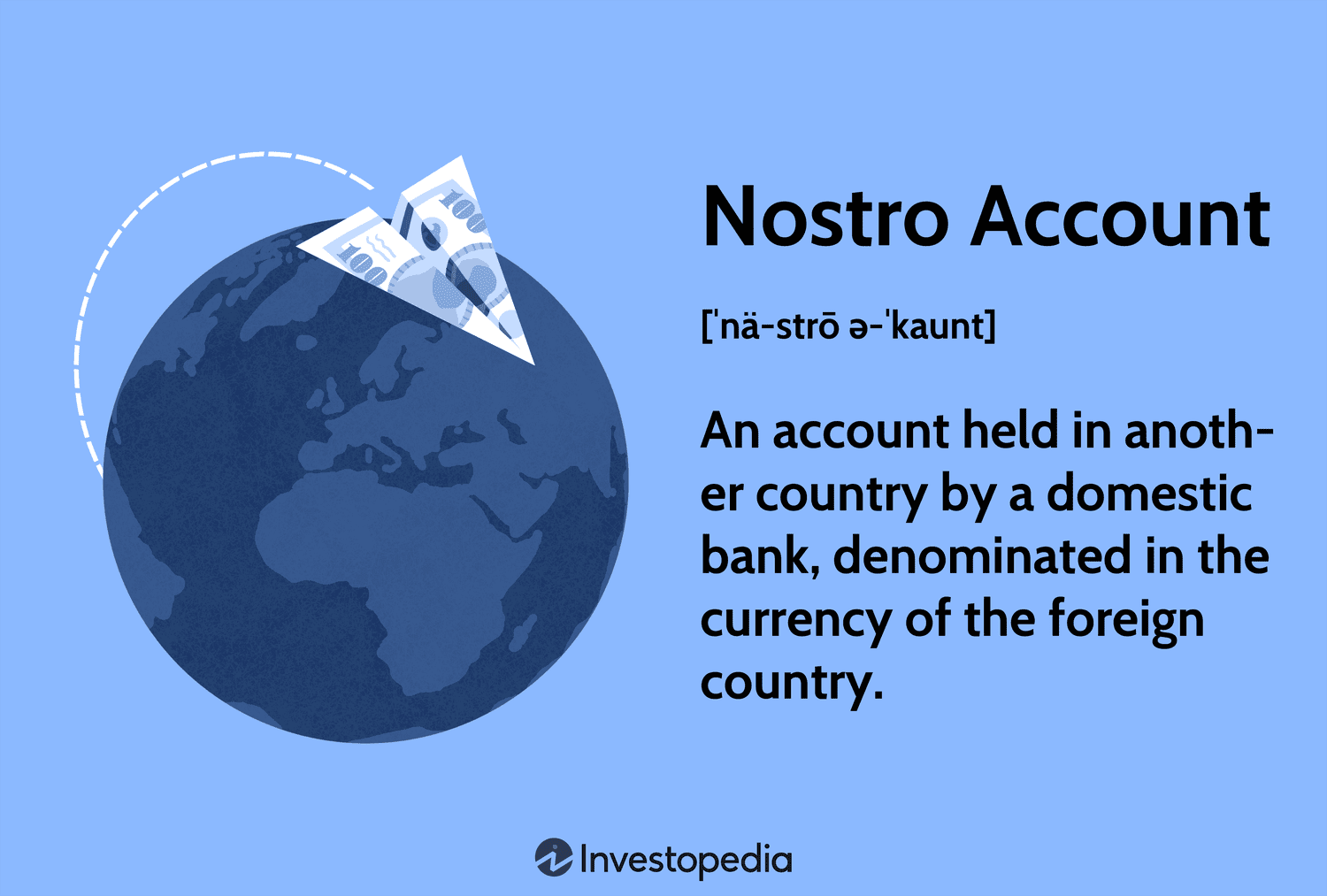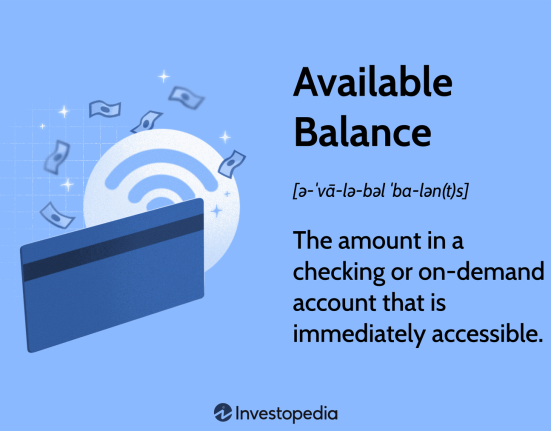What Is a Nostro Account?
Nostro accounts are essential tools in international banking, allowing domestic banks to hold accounts in foreign currencies in other countries. These accounts ease foreign exchange and trade transactions by providing a more straightforward conversion and settlement process. The counterpart to nostro accounts are vostro accounts, representing foreign-held accounts in the domestic bank’s currency.
Key Takeaways
- Nostro accounts are foreign bank accounts used by domestic banks to facilitate international transactions in foreign currencies.
- They are particularly useful for managing foreign exchange and trade transactions, reducing exchange-rate risk.
- Unlike demand deposit accounts, nostro accounts hold balances in a foreign currency rather than the domestic currency.
- Only businesses and governments can hold nostro accounts, as these accounts are not available to individual clients.
- Nostro accounts are subject to maintenance fees and are typically held in major convertible currencies like the U.S. dollar, euro, and Japanese yen.
Investopedia / Laura Porter
Mechanics of Nostro Accounts
A nostro account and a vostro account refer to the same entity, but from a different perspective. For example, Bank X has an account with Bank Y in Bank Y’s home currency. To Bank X, that is a nostro, meaning “our account on your books,” while to Bank Y, it is a vostro, meaning “your account on our books.”
These accounts facilitate international transactions and settle transactions that hedge exchange-rate risk.
Before the advent of the euro as a currency for financial settlements on Jan. 1, 1999, banks needed to hold nostro accounts in all the countries that now use the euro.
Since that date, one nostro account for the entire eurozone has been sufficient. If a country were to leave the eurozone, either voluntarily or involuntarily, banks would need to re-establish nostros in that country in its new currency to continue making payments.
Case Study: Payment Process via Nostro Accounts
Here’s an example of making a payment with a nostro account. Bank A in the U.S. makes a deal to buy British pounds from Bank B in Sweden.
On the settlement date, Bank B has to send pounds from its U.K. nostro account to Bank A’s U.K. nostro account. On the same day, Bank A must pay dollars in the U.S. to Bank B’s nostro account.
Challenges and Restrictions of Nostro Accounts
Central banks in many developing countries limit currency trading to control imports, exports, and exchange rates. Banks often don’t have nostro accounts in these countries due to limited foreign exchange business.
If a bank needs to pay in a country without its own nostro account, it uses a bank with a correspondent relationship for the transaction.
Are Nostro Accounts Similar to Traditional Demand Deposit Accounts?
Nostro accounts differ from demand deposit accounts, which are held in the currency of the bank where they are located. Nostro accounts hold their balances in a foreign currency, that of the other country where the bank’s nostro account is based.
What Does Nostro Stand for?
Nostro is a word derived from the Latin term for “ours.” These accounts are frequently used to efficiently facilitate foreign exchange and trade transactions.
Are There Fees Charged for Nostro Accounts?
Nostro accounts incur fees. Because they are an additional feature, banks with nostro facilities usually charge maintenance fees that may be expensive. Individuals don’t have nostro accounts.
The Bottom Line
Nostro accounts play a crucial role in facilitating foreign exchange and trade by allowing banks to hold accounts in foreign currencies, thus simplifying cross-border transactions. These accounts help manage exchange-rate risk and are usually held in widely used convertible currencies like the U.S. dollar, euro, and yen.
They are distinguished from vostro accounts, which foreign banks maintain in the domestic currency of the holding bank. Unlike regular demand deposit accounts that hold domestic currency, nostro accounts are specialized for businesses and governments, not individual use, due to their role in international finance.







